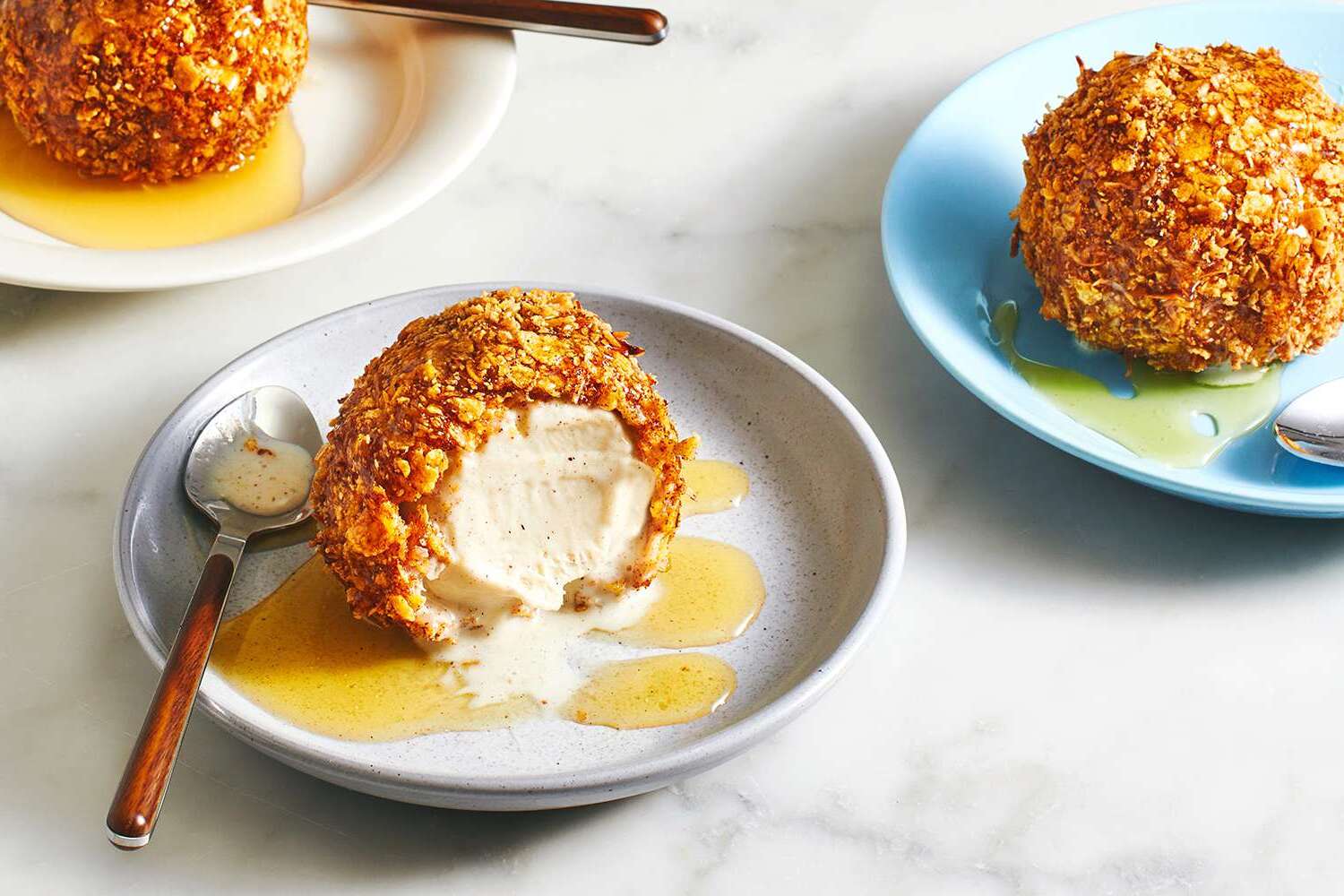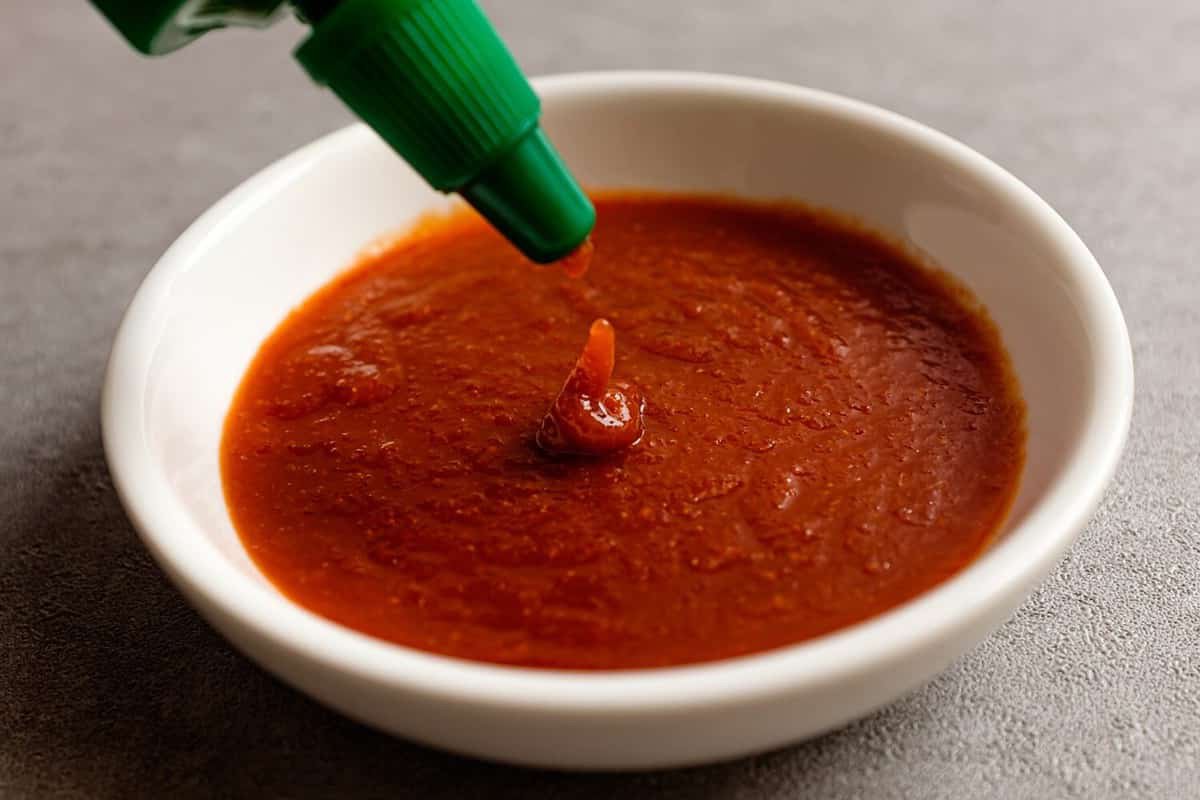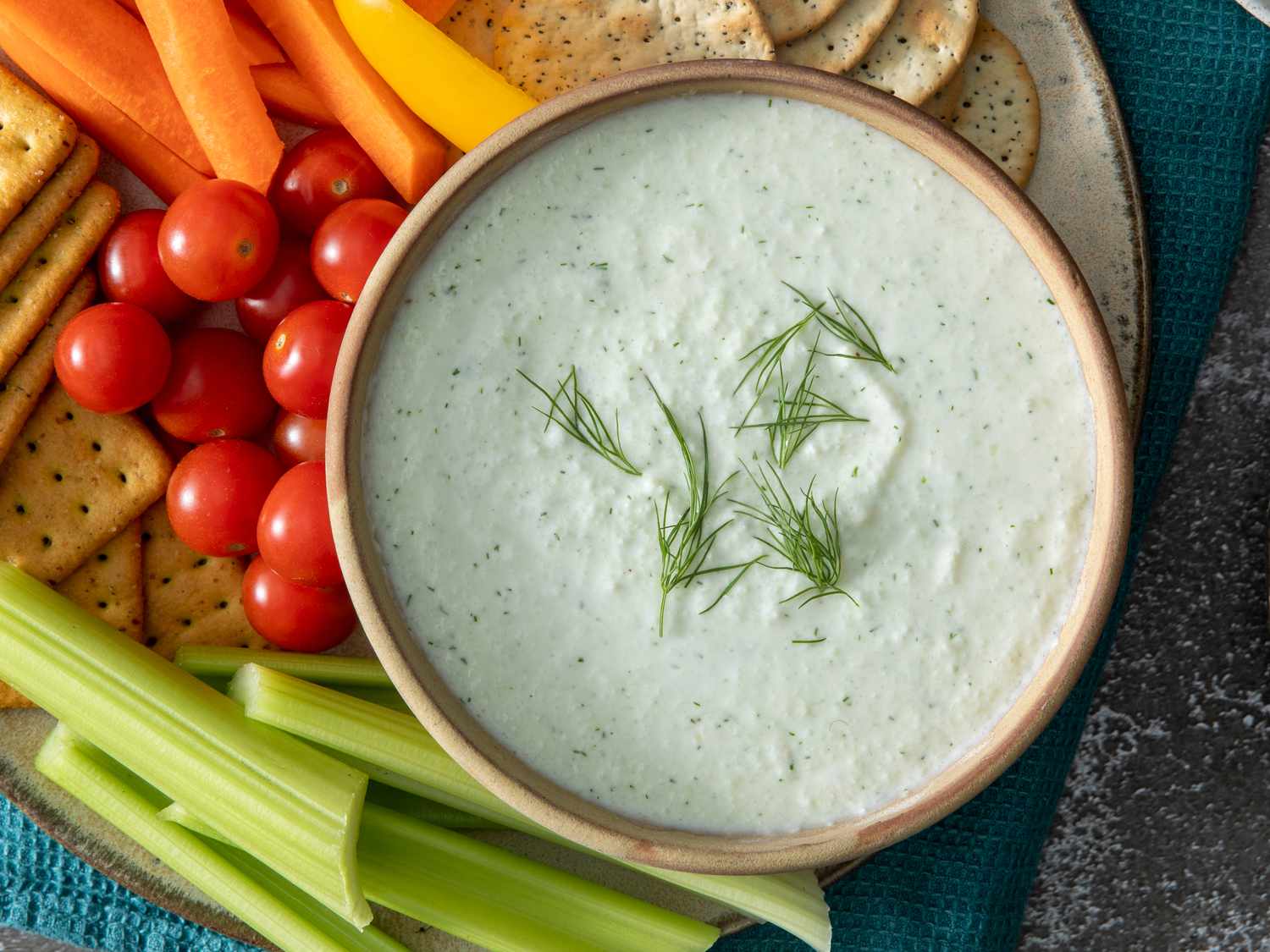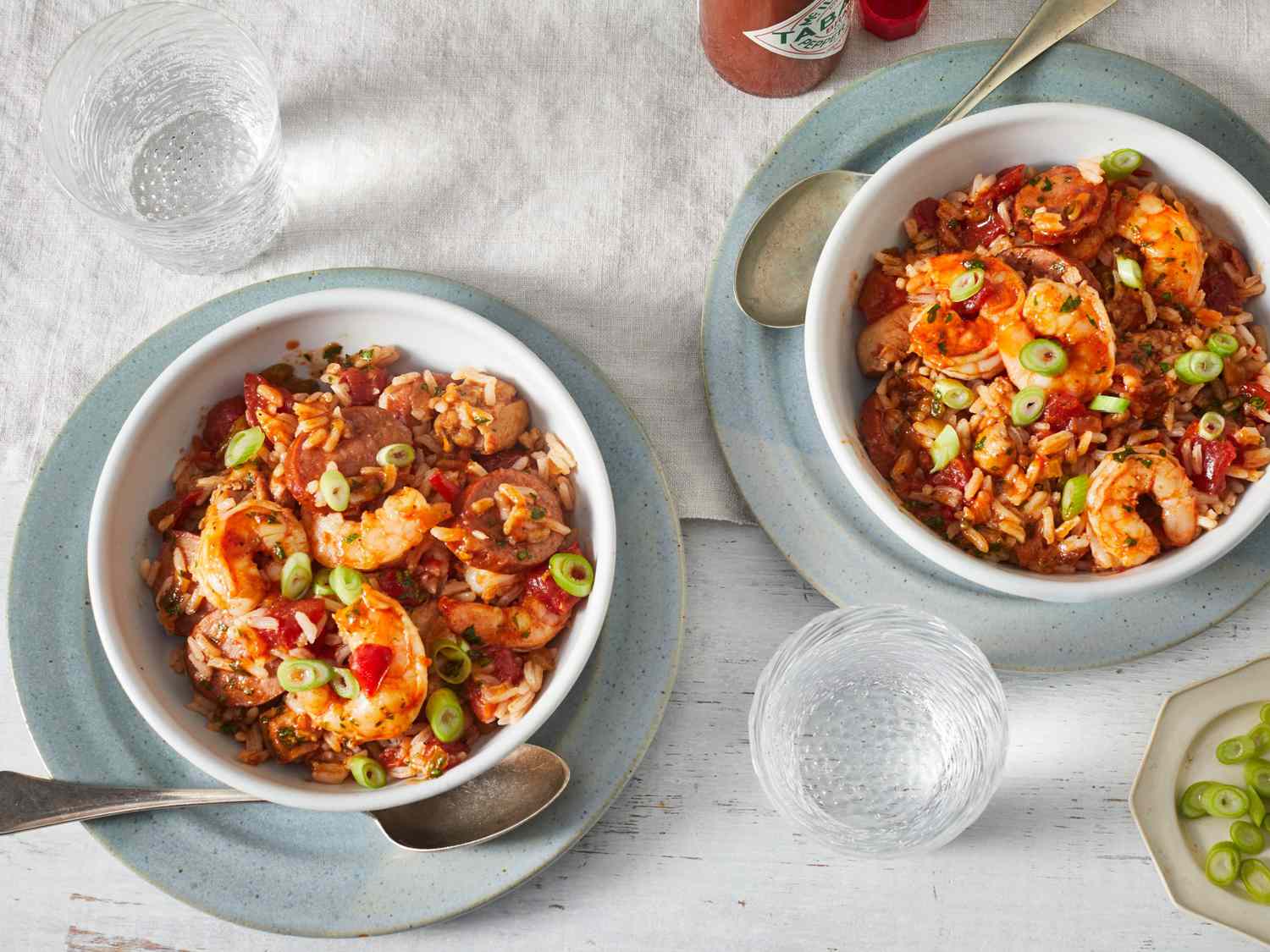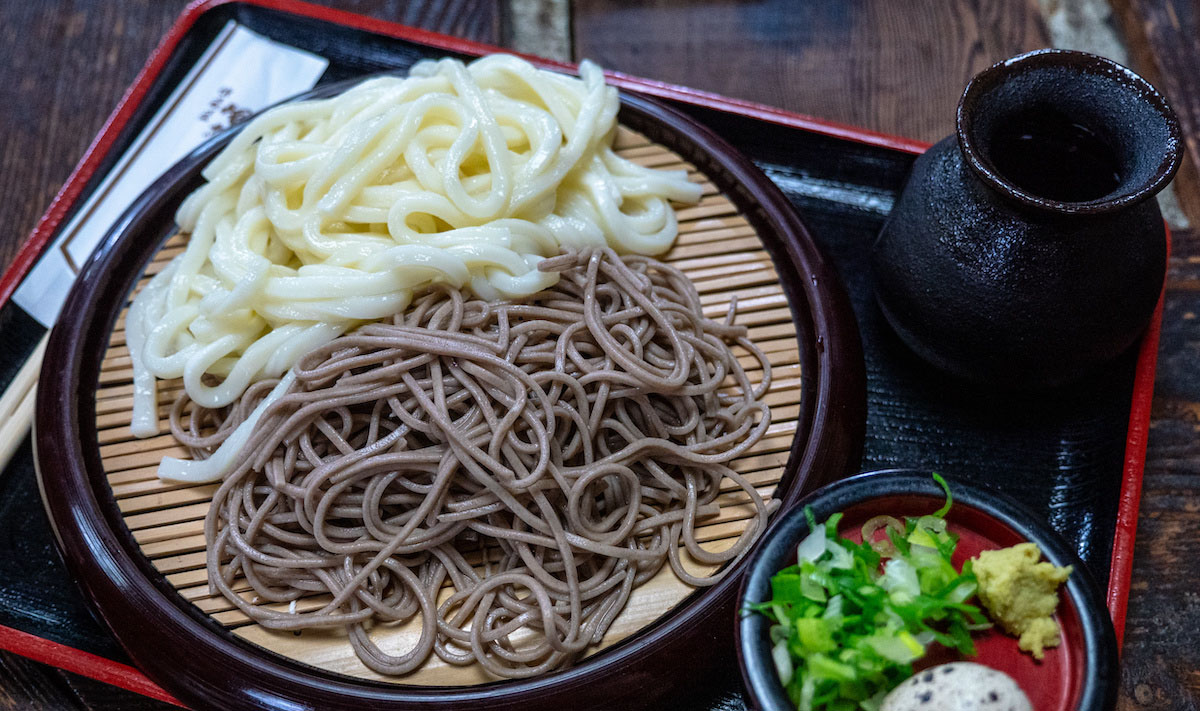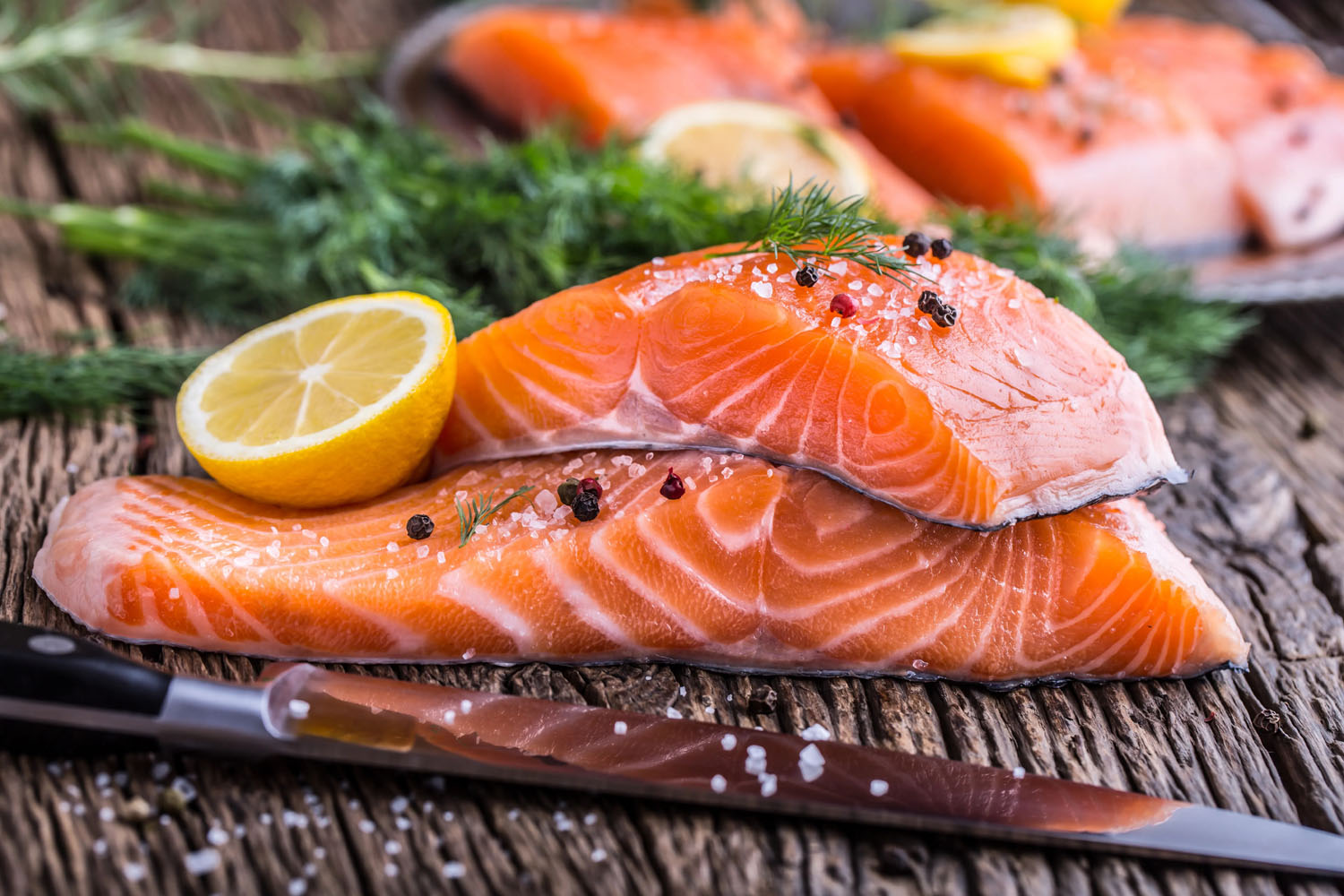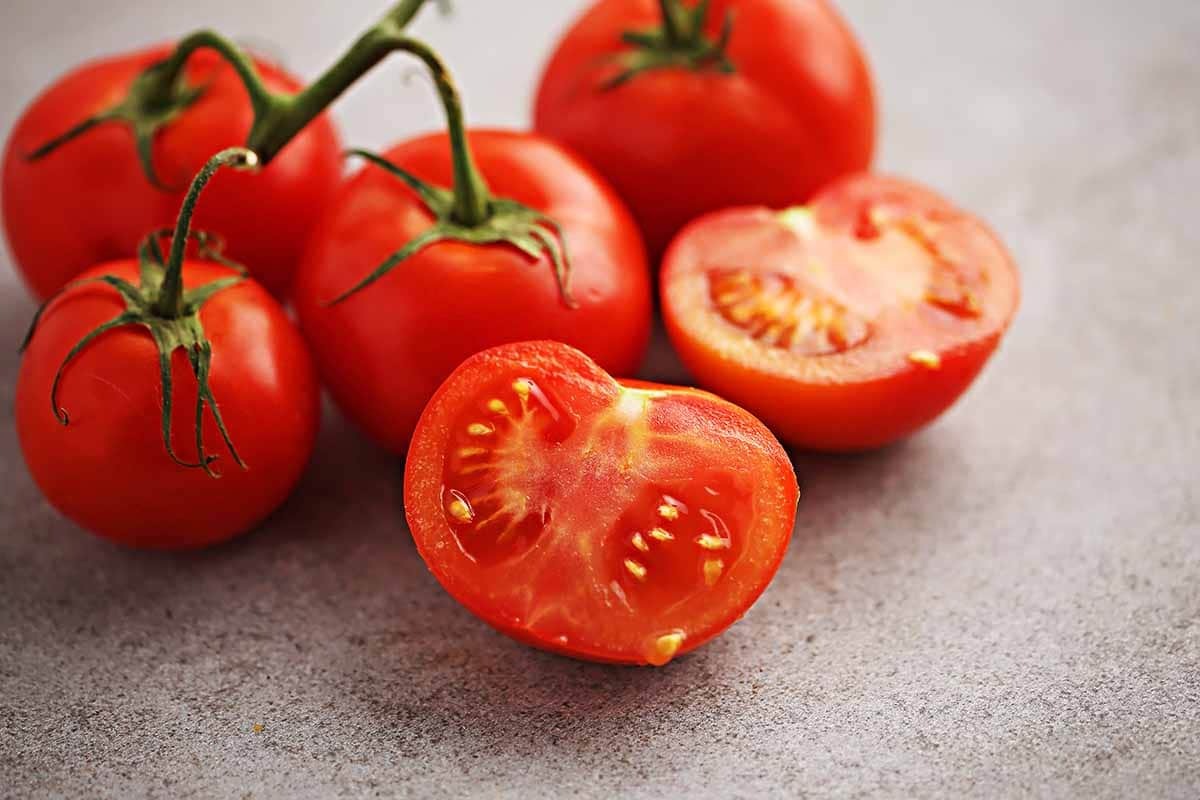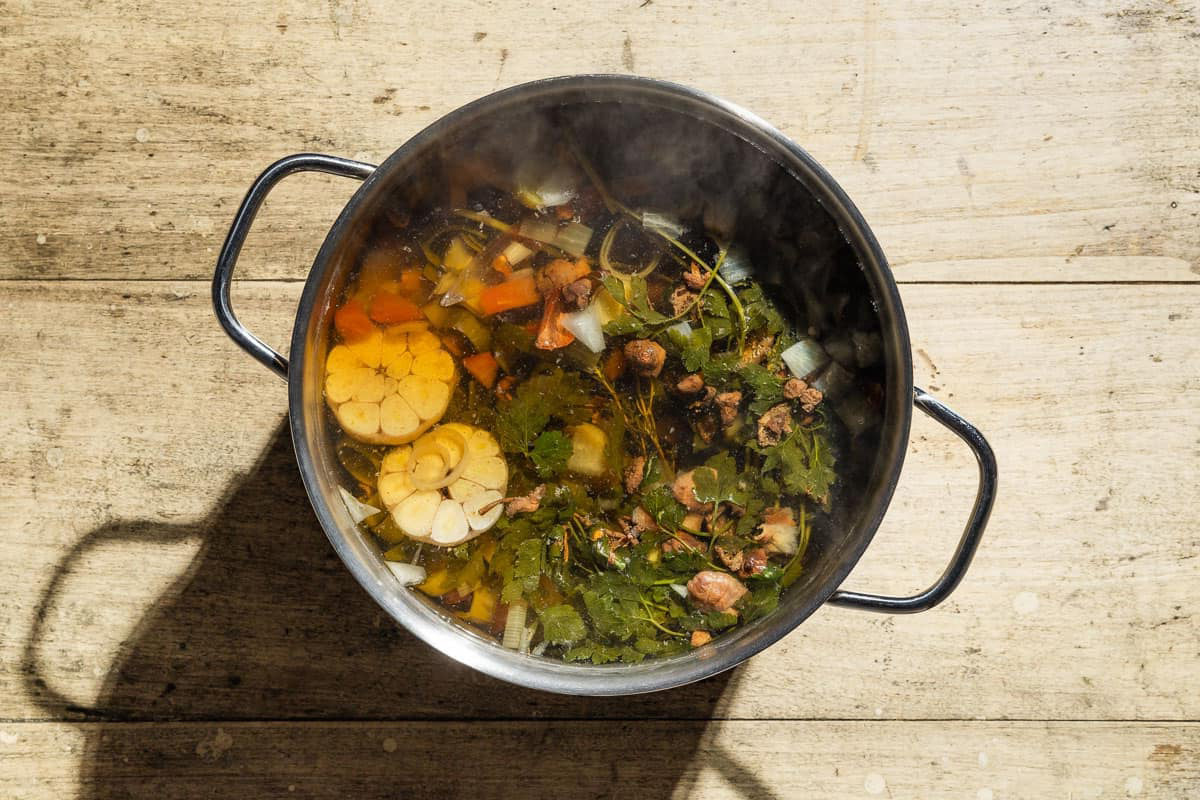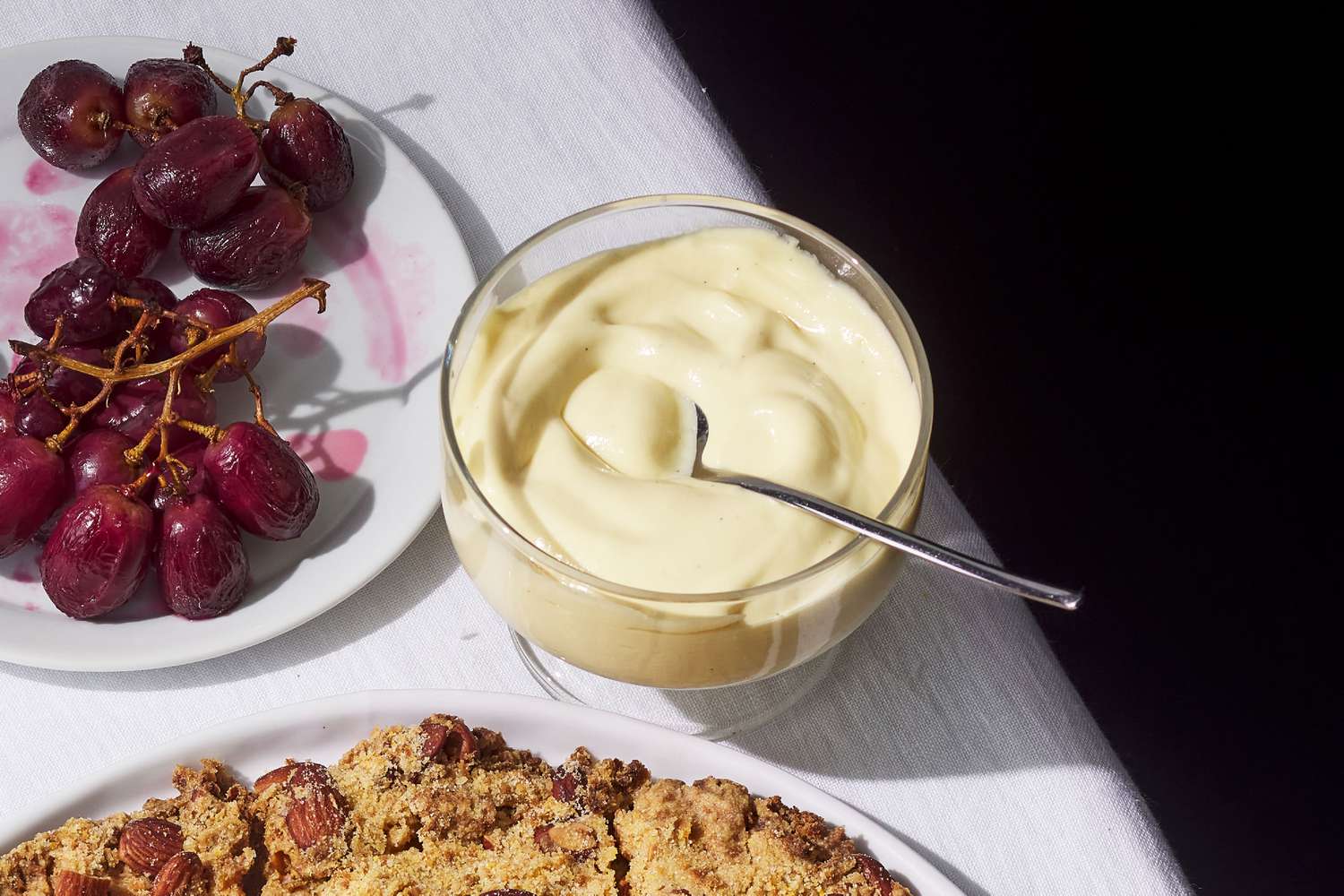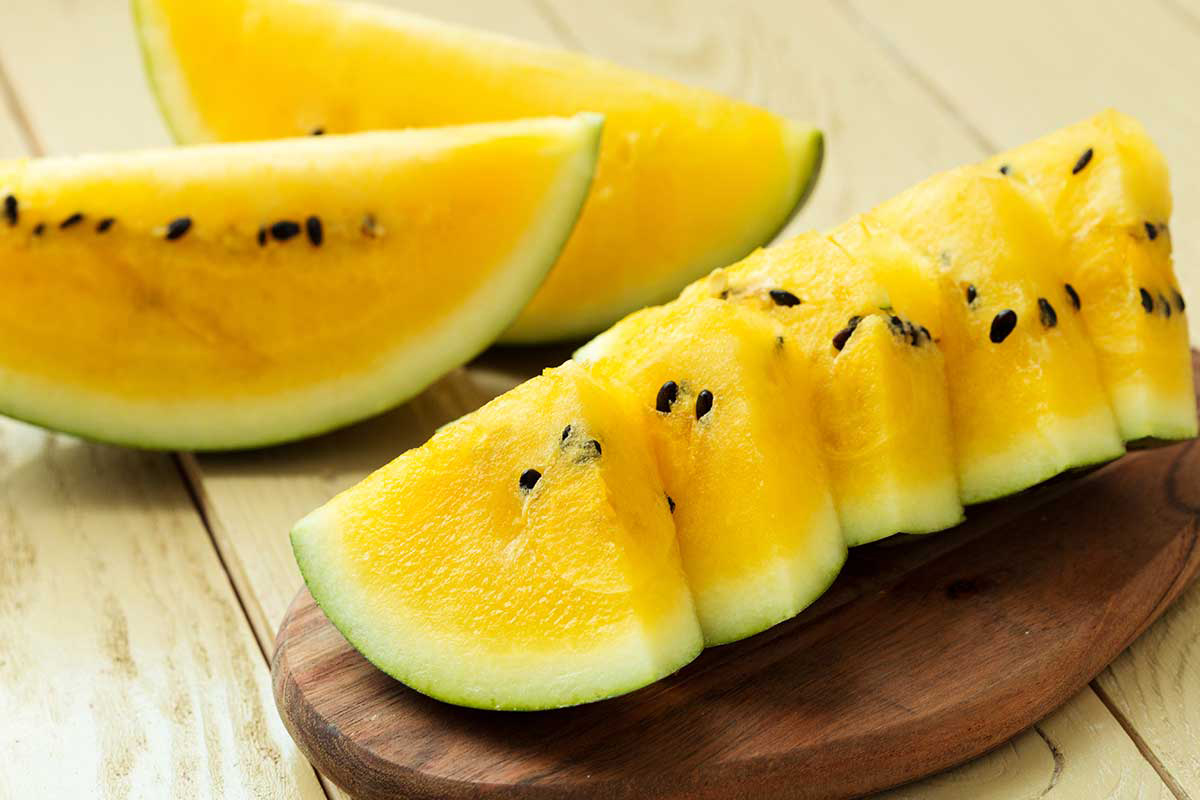French Mustard: A Classic Condiment with a Twist
When it comes to condiments, mustard is a staple in many kitchens around the world. From hot dogs to salad dressings, this versatile condiment adds a tangy kick to a wide variety of dishes. One type of mustard that stands out for its unique flavor and texture is French mustard. In this article, we'll explore what sets French mustard apart from other varieties and how it can be used to elevate your culinary creations.
What Makes French Mustard Unique?
French mustard, also known as Dijon mustard, is a type of mustard that originated in the city of Dijon, France. It is made with brown or black mustard seeds, white wine, vinegar, and various spices, giving it a distinctive flavor profile. Unlike traditional yellow mustard, which is milder and slightly sweet, French mustard is known for its sharp, pungent taste with a hint of heat.
The History of French Mustard
The history of French mustard dates back to the 14th century when the condiment gained popularity in the city of Dijon. Over the centuries, the production and consumption of French mustard spread throughout France and eventually made its way to other parts of the world. Today, Dijon mustard is a beloved condiment that is synonymous with French cuisine.
How Is French Mustard Used?
French mustard is a versatile condiment that can be used in a variety of ways. Its bold flavor makes it a perfect accompaniment to meats such as steak, pork, and chicken. It can also be used as a dipping sauce for pretzels, spread on sandwiches, or incorporated into salad dressings and marinades. Additionally, French mustard can add depth and complexity to sauces and gravies, making it a valuable ingredient in both savory and sweet dishes.
Cooking with French Mustard
If you're looking to incorporate French mustard into your cooking, there are countless ways to experiment with this flavorful condiment. Here are a few ideas to get you started:
- Marinades: Create a tangy marinade for grilled chicken or fish by combining French mustard with olive oil, garlic, and fresh herbs.
- Salad Dressings: Whisk together French mustard, balsamic vinegar, and honey for a zesty dressing that pairs perfectly with mixed greens and roasted vegetables.
- Sandwiches: Spread French mustard on a baguette and layer with ham, cheese, and pickles for a classic French-inspired sandwich.
The Health Benefits of French Mustard
In addition to its delicious flavor, French mustard offers some potential health benefits. Mustard seeds are rich in antioxidants and contain compounds that may have anti-inflammatory and antimicrobial properties. Additionally, mustard is low in calories and fat, making it a healthier alternative to many other condiments.
In Conclusion
French mustard is a beloved condiment that adds a bold and zesty flavor to a wide range of dishes. Whether you're grilling, roasting, or dressing a salad, this classic condiment is a must-have in any kitchen. With its rich history, unique flavor, and potential health benefits, French mustard continues to be a favorite among food enthusiasts and chefs alike. So, the next time you're looking to add a little extra flair to your cooking, consider reaching for a jar of French mustard and let its bold flavor elevate your culinary creations.
Was this page helpful?
Read Next: What Is Crawfish Butter

